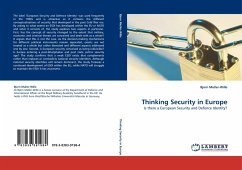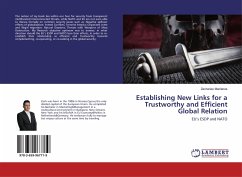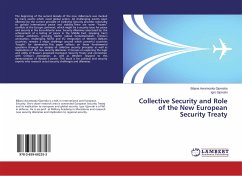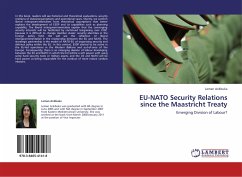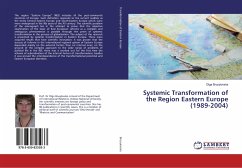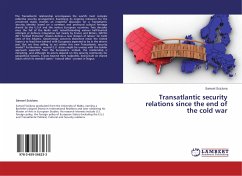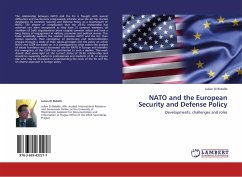The label 'European Security and Defence Identity' was used frequently in the 1990s and is attractive as it contains the different conceptualisations of security that developed in the post Cold War era. By asking to what extent an ESDI has developed within the EU or NATO and what it consists of, the study explores two aspects in particular. First, has the concept of security changed to the extent that military, economic and criminal threats are conceived and dealt with as a whole? It argues that this is not the case. As the decision-making mechanisms for different political instruments remain separated, events are not treated as a whole but rather dissected and different aspects addressed one by one. Second, is European security conceived as being indivisible? Is Europe entering a post-Westphalian and post state centric security age? The study confirms that a weak ESDI exists that complements rather than replaces or contradicts national security identities. Although national security identities will remain dominant, the study foresees a continued development of ESDI within the EU, while NATO will struggle to maintain the ESDI it has at present.
Bitte wählen Sie Ihr Anliegen aus.
Rechnungen
Retourenschein anfordern
Bestellstatus
Storno

